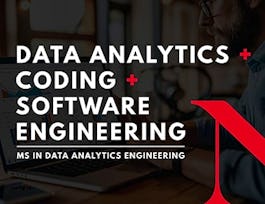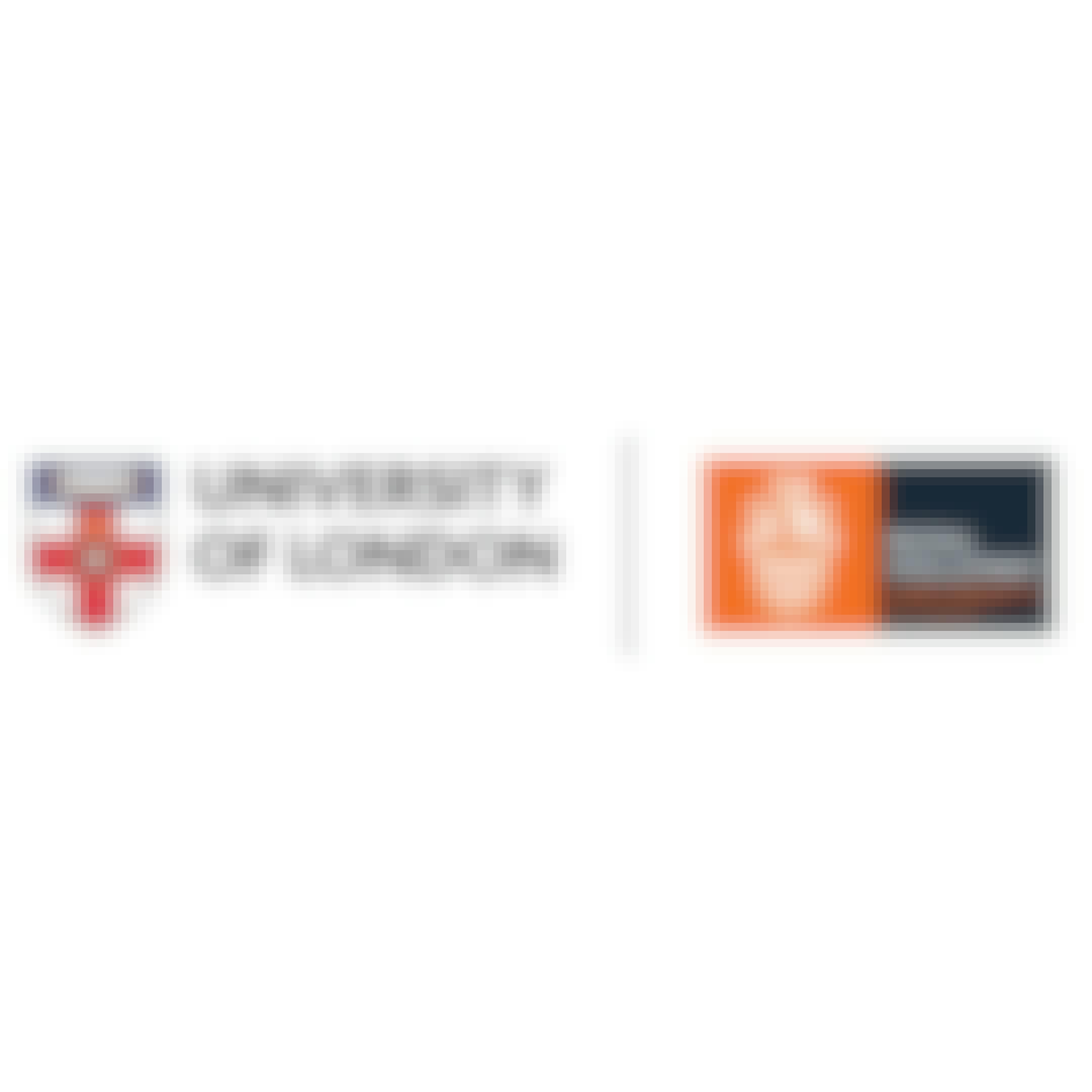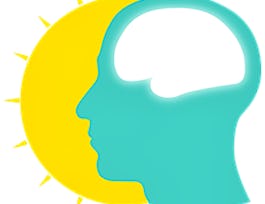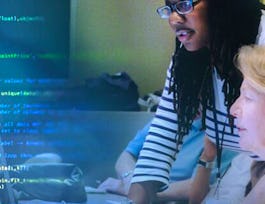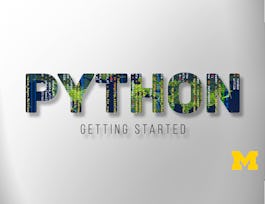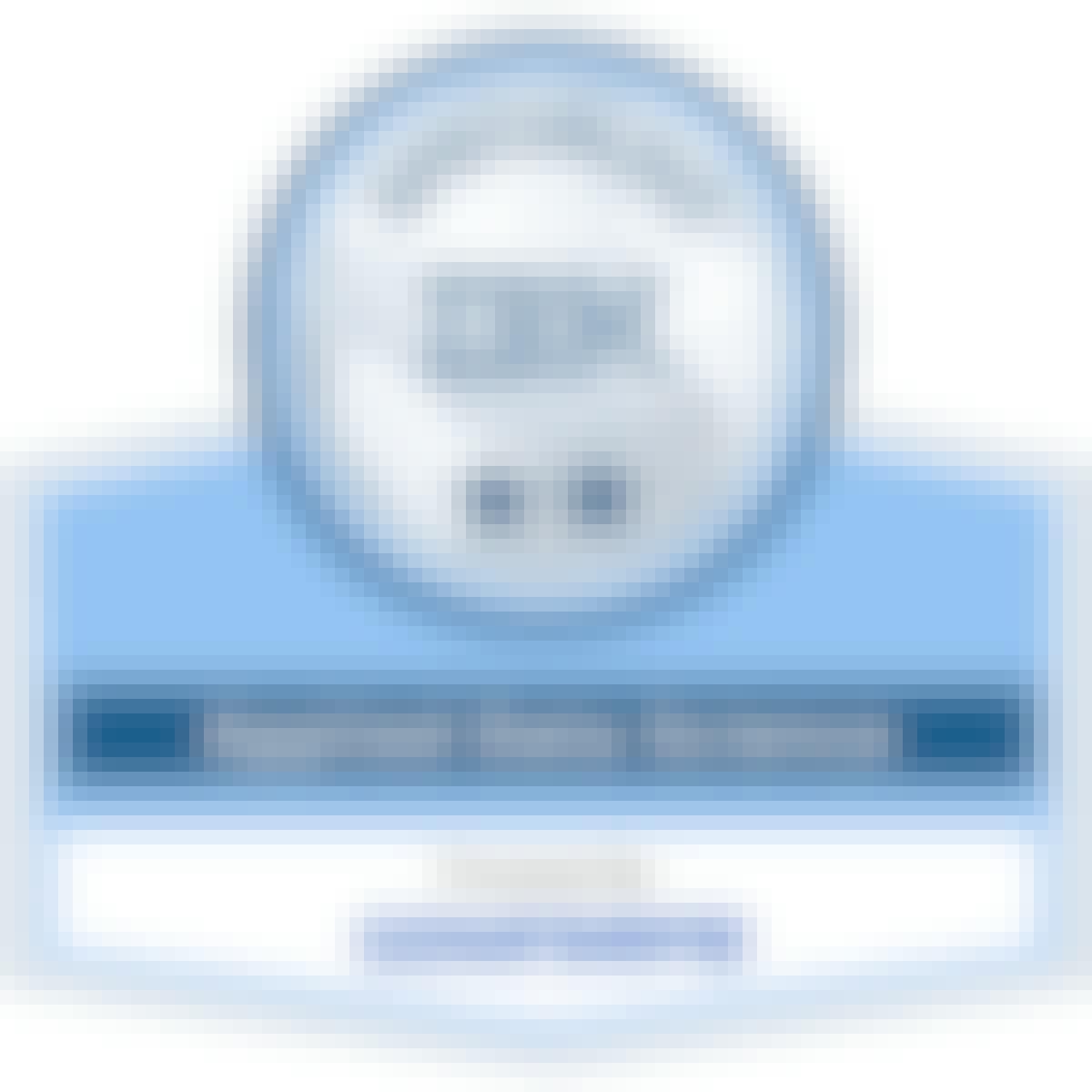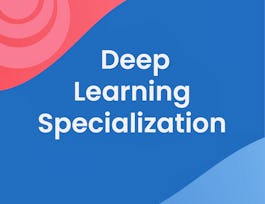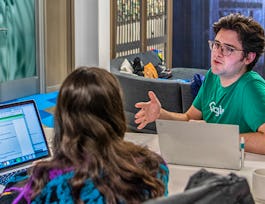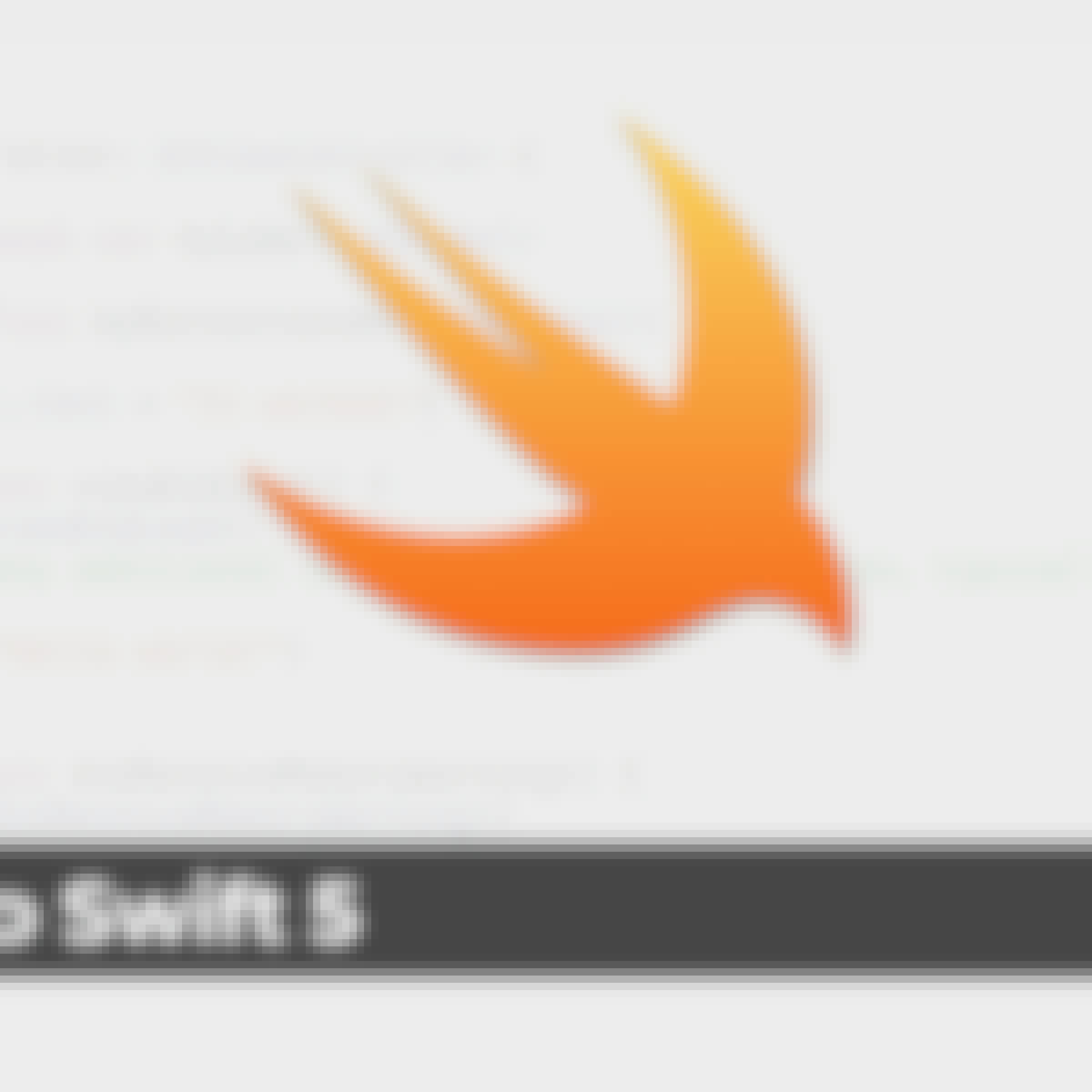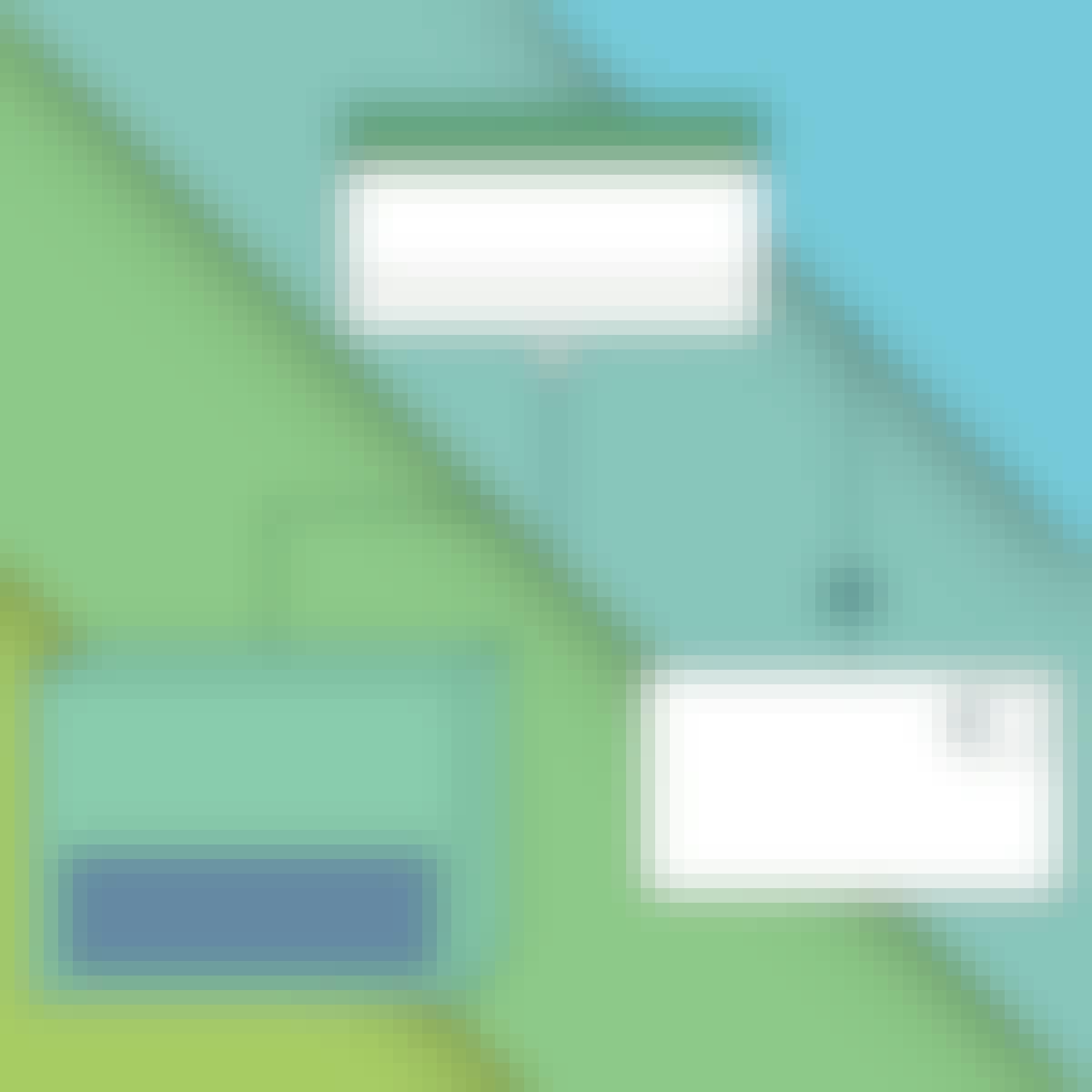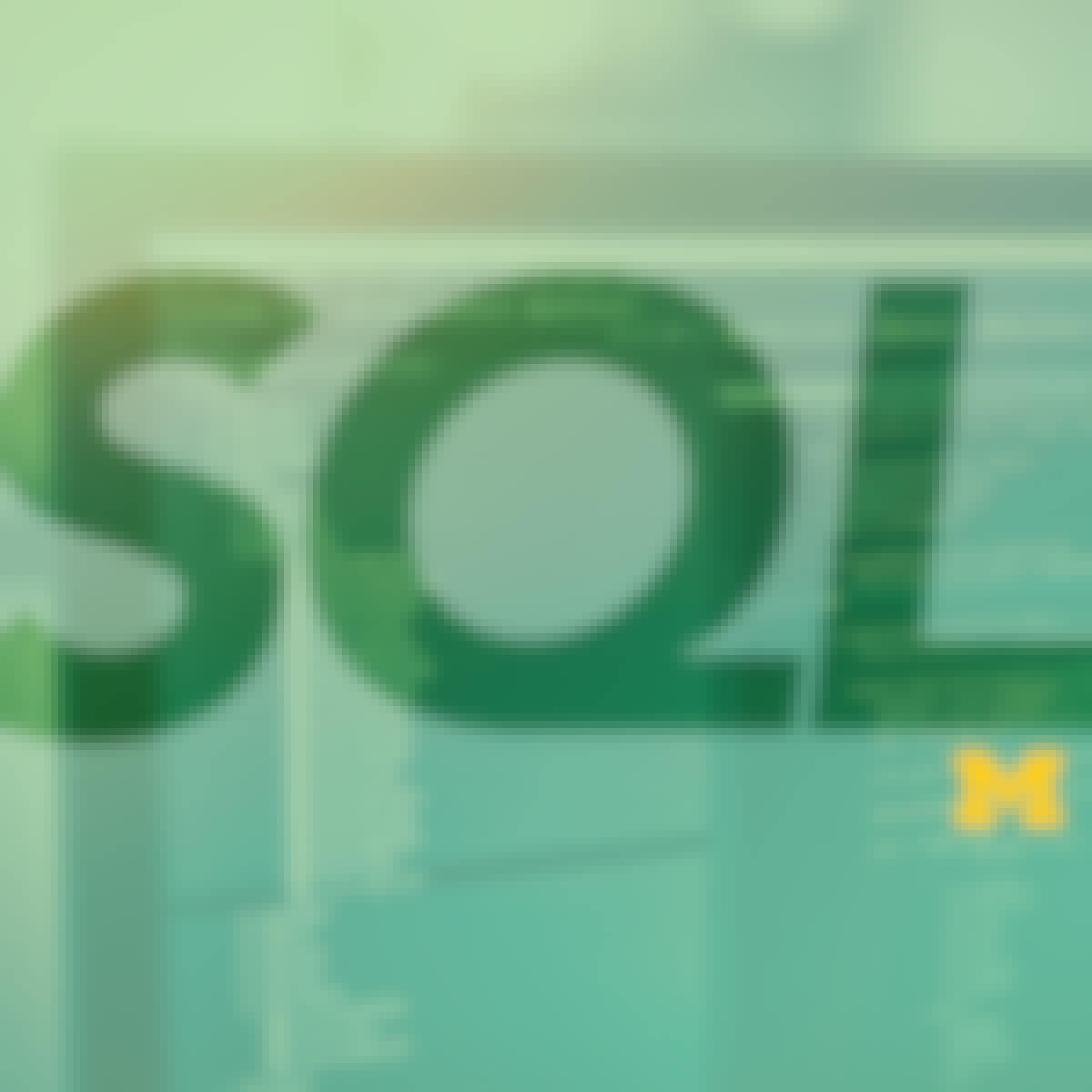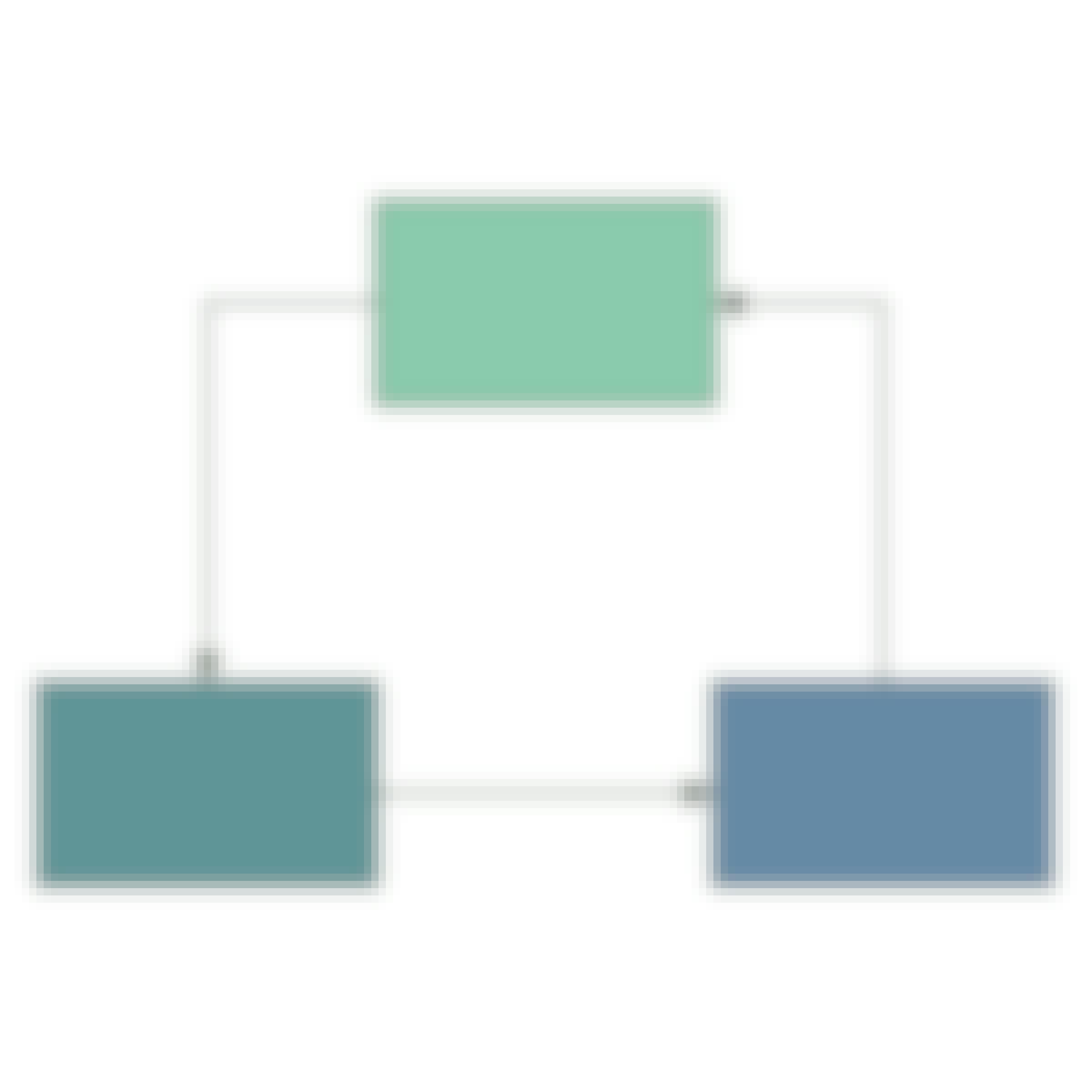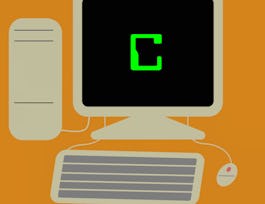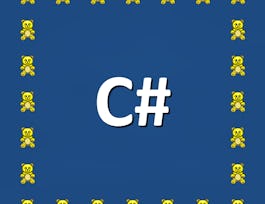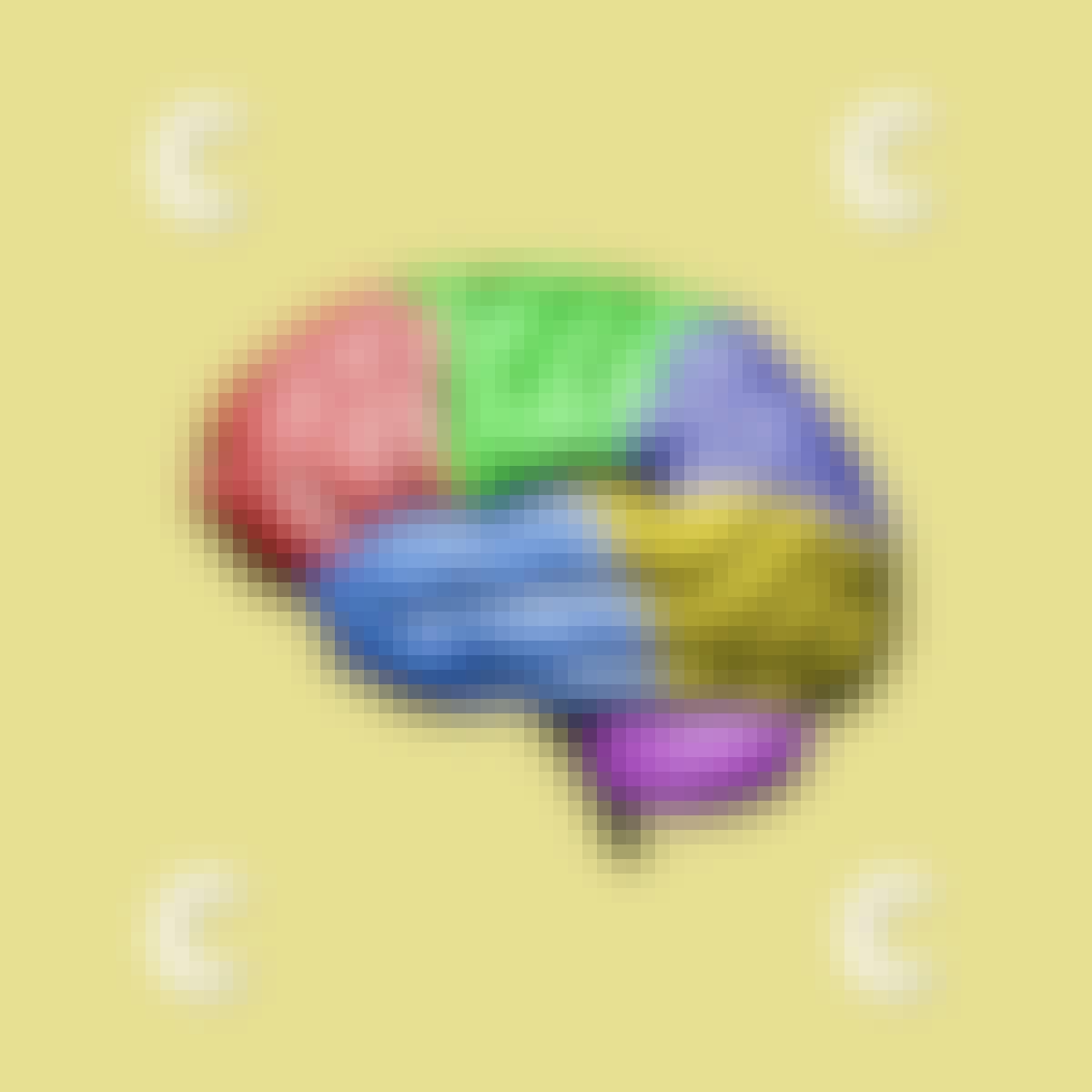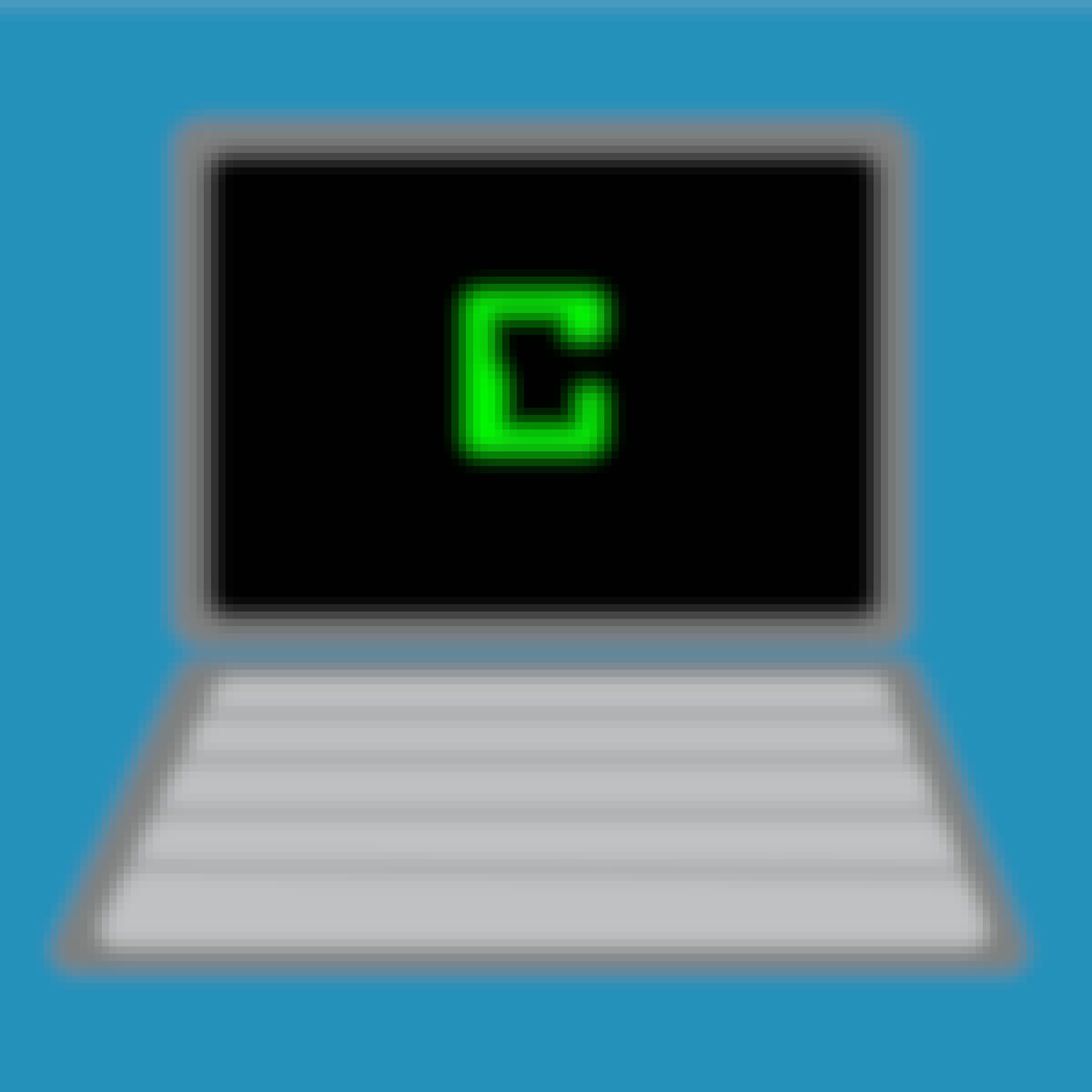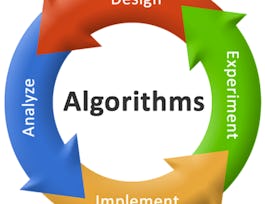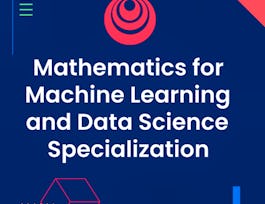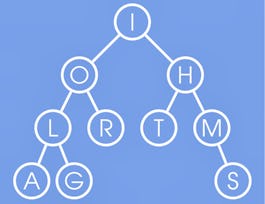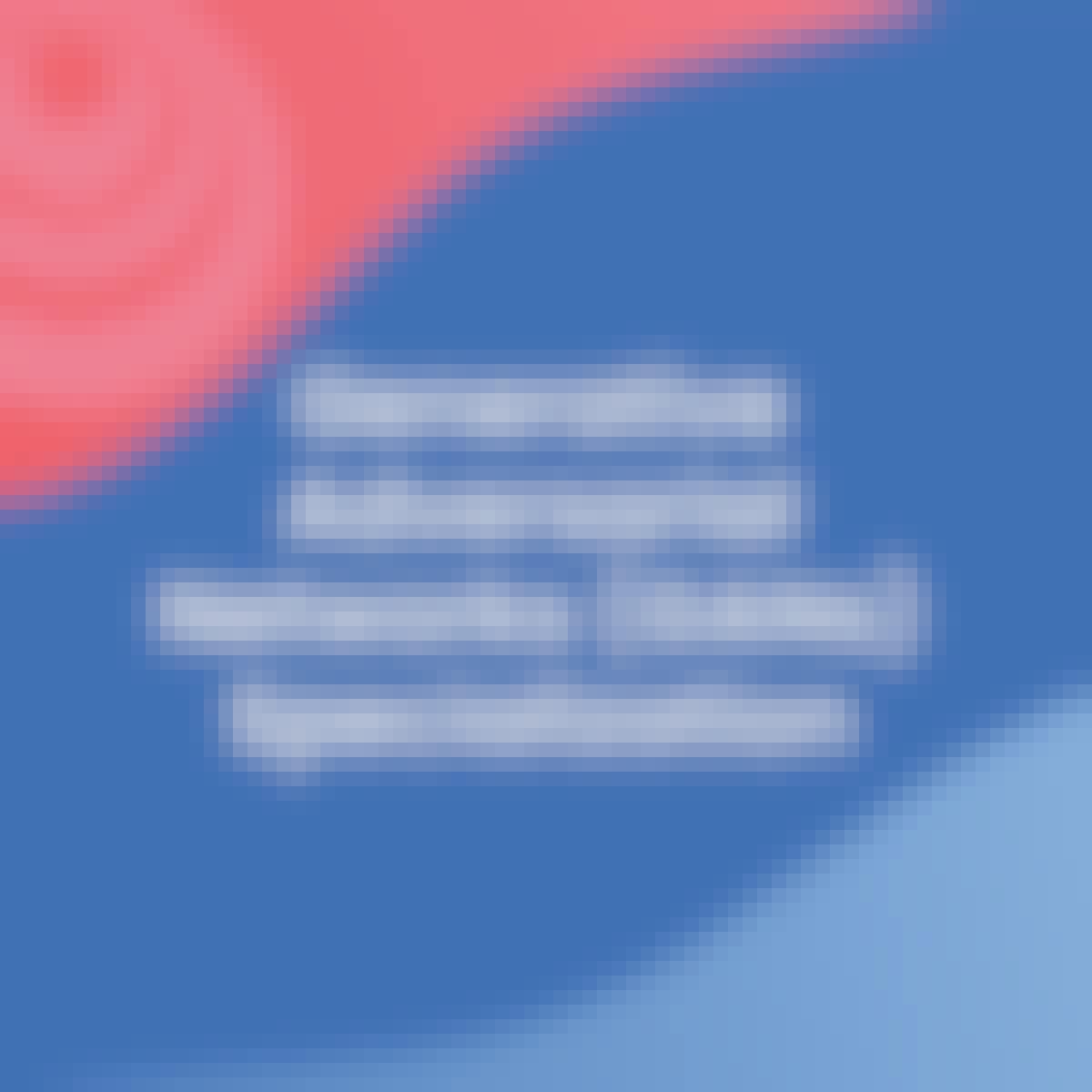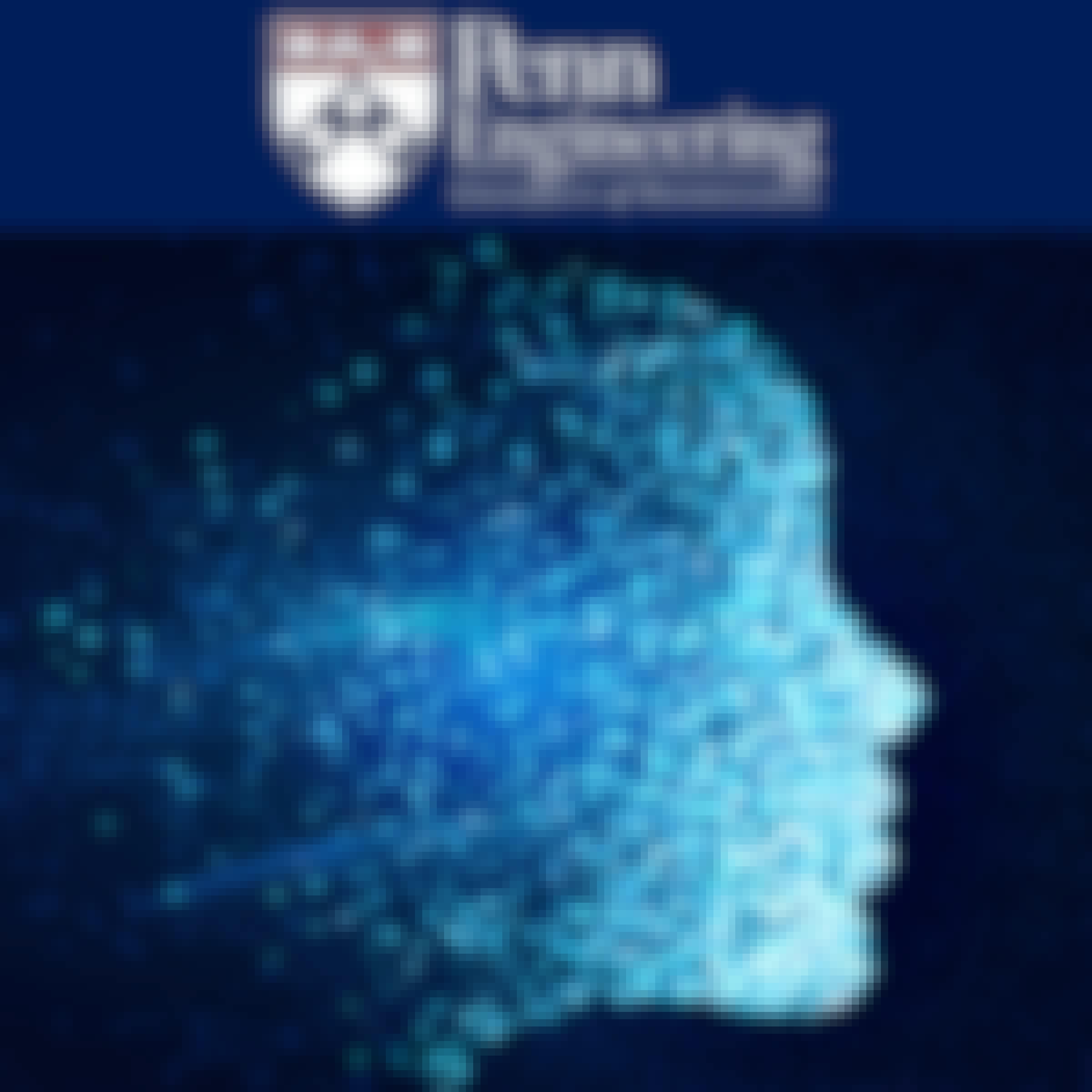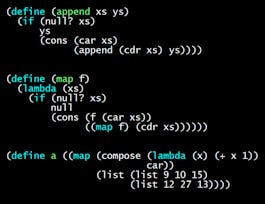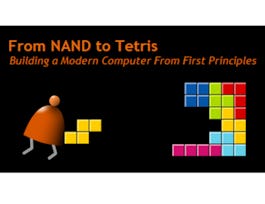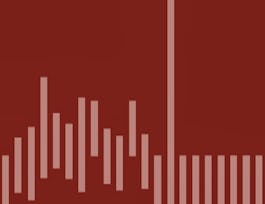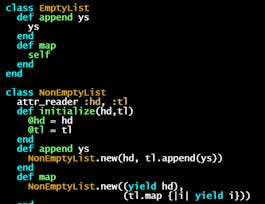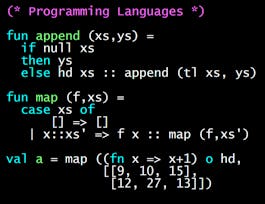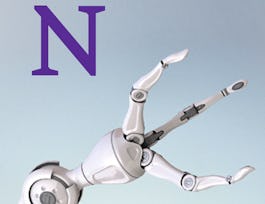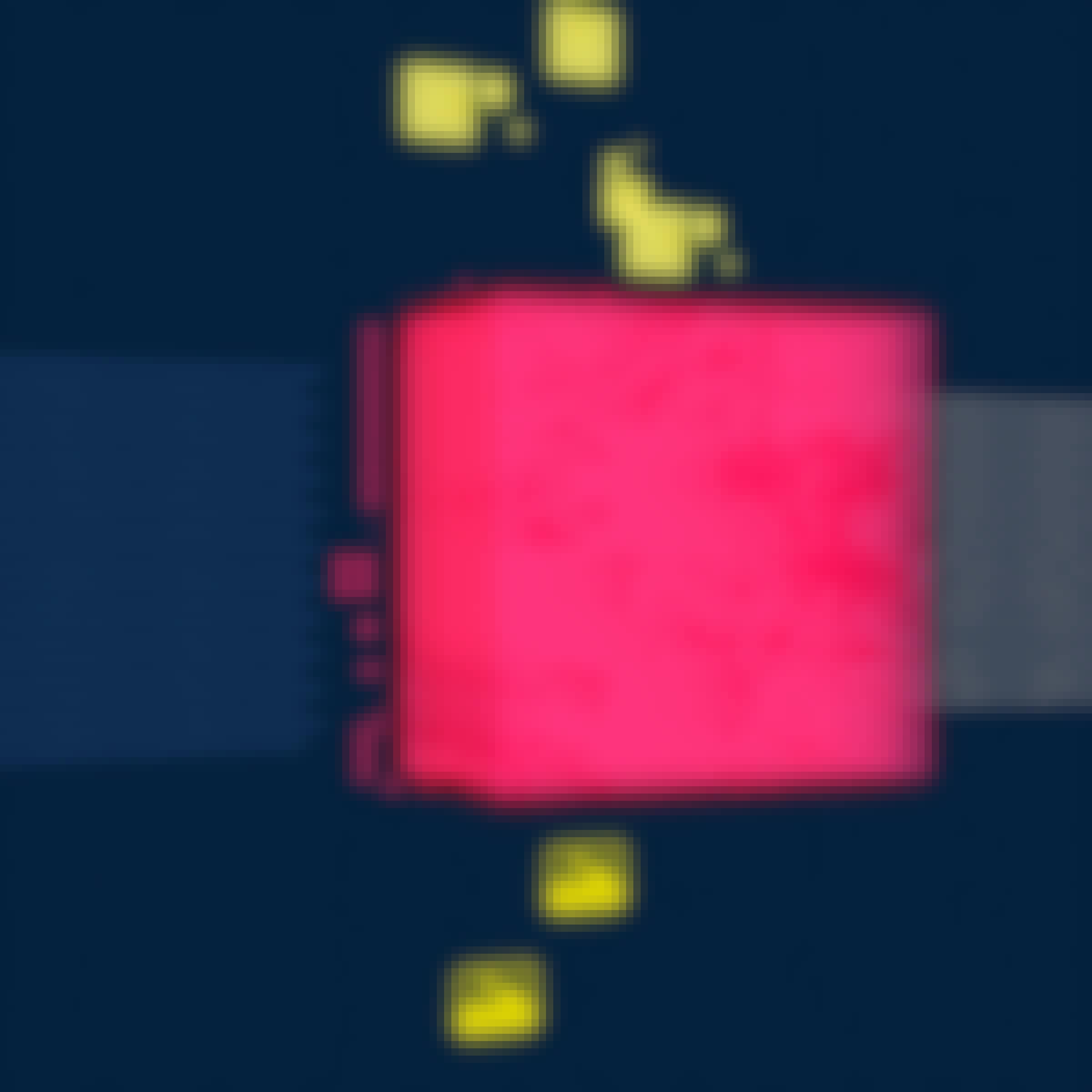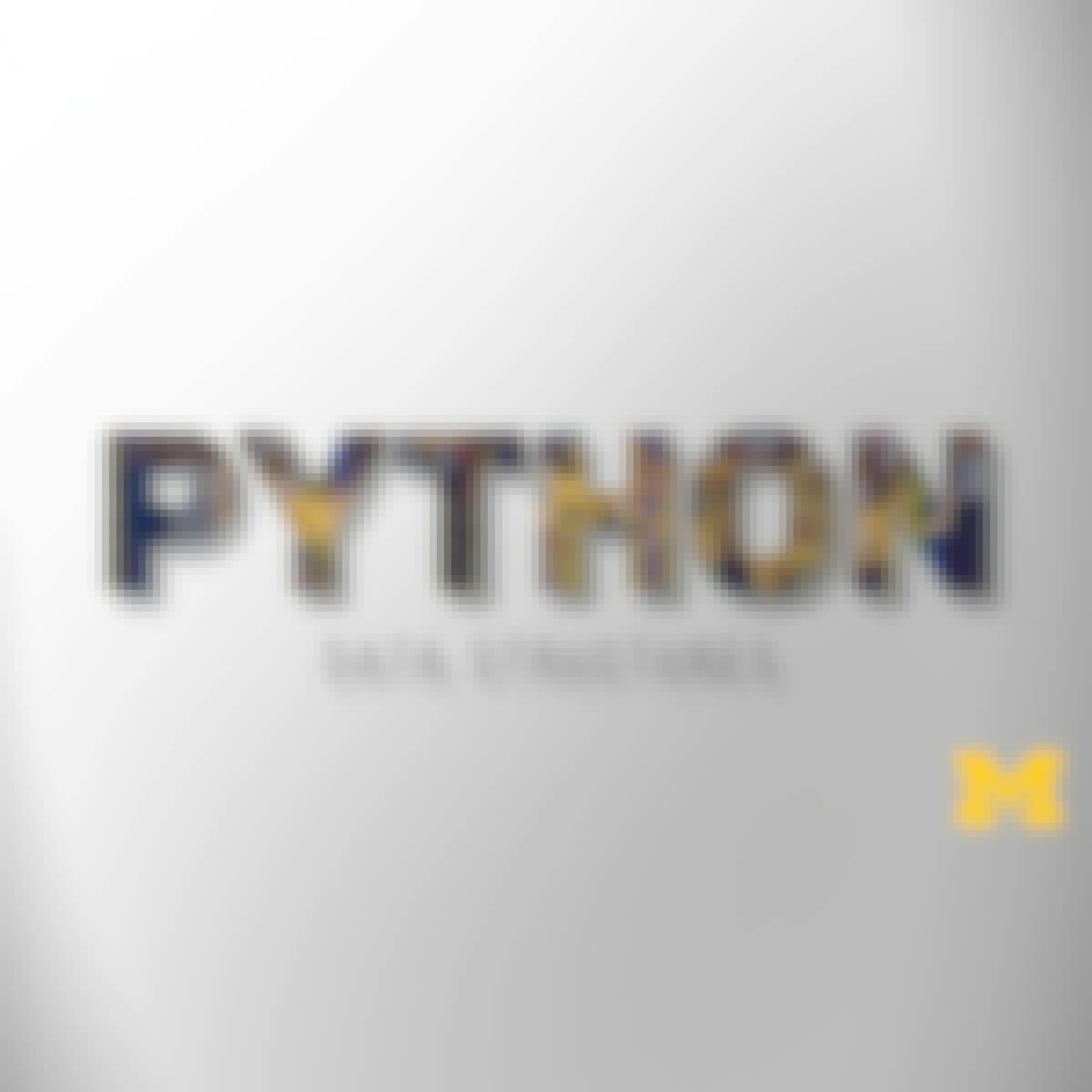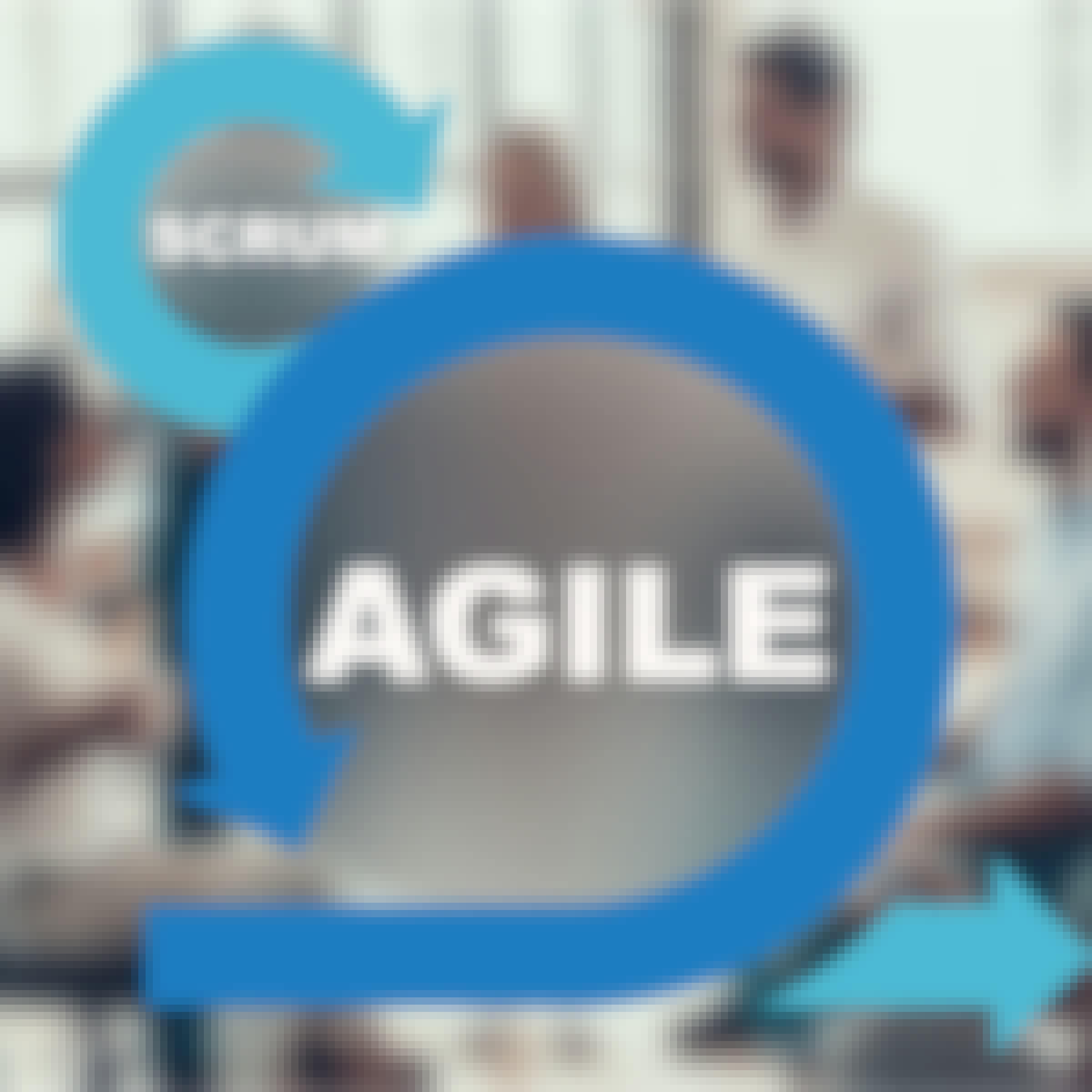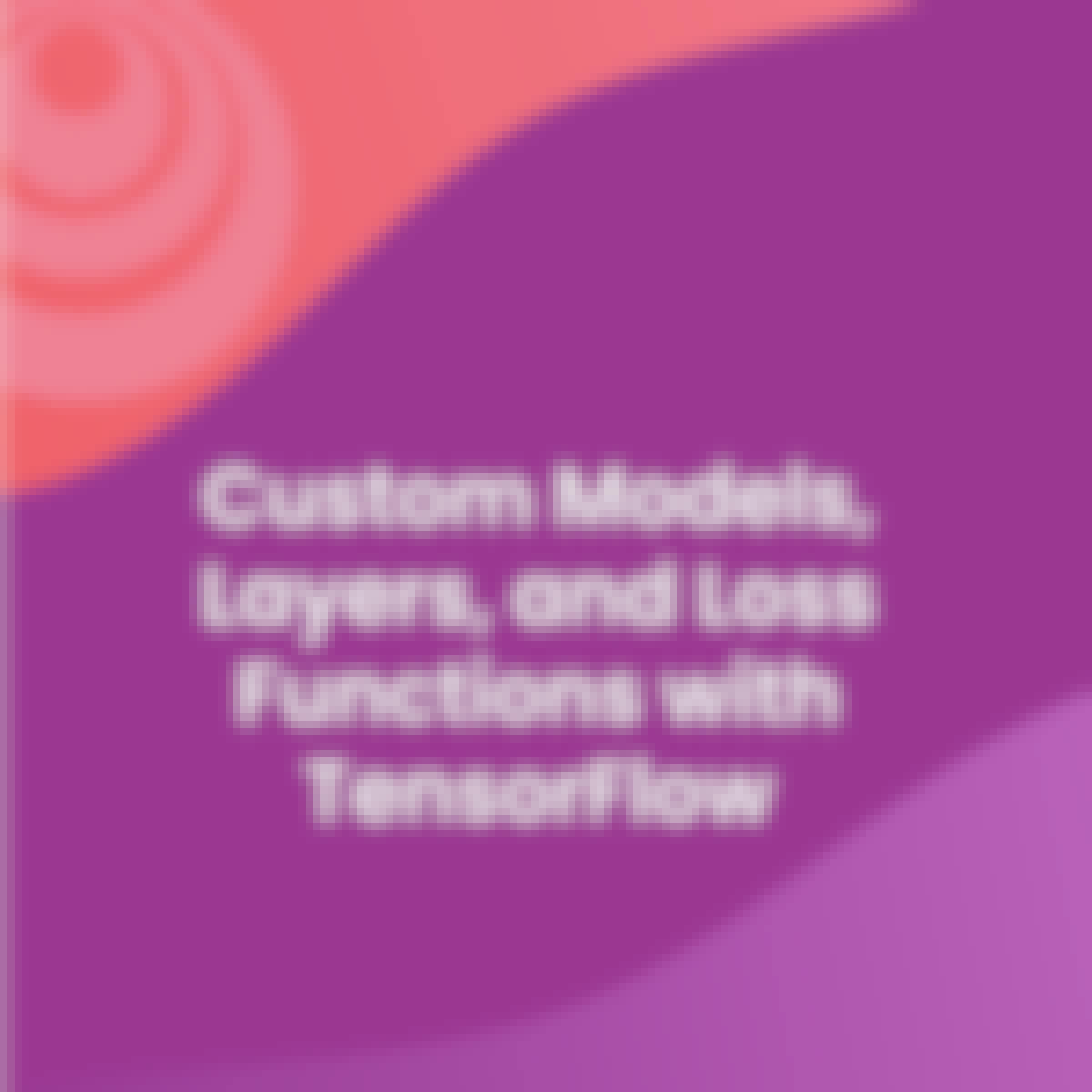- Explore
- Computer Science
- Software Development
Software Development
Earn Your Degree
Most Popular Courses
Get a Head Start on Your Degree Today
Programming for Robotics
Develop Apps for iOS and Android
Programming Foundations in C and C++
Algorithms to Take Your Programming to the Next Level
Top Rated Courses
Frequently Asked Questions about Software Development
The best free software development courses to try are the Intro to Programming course and the IoT Devices course to get started!
If you're looking for a great software development course to begin your career, Coursera offers a wide selection. Some of our top picks are the IBM Full Stack Cloud Developer Professional Certificate, which provides the skills needed to become an application developer. Alternatively, you might also be interested in the DevOps and Software Engineering Professional Certificate or the Java Programming and Software Engineering Fundamentals Specialization for a more traditional approach to software engineering. Finally, if you're looking for a way of automating tasks, the Google IT Automation Professional Certificate is a great option.
For advanced software development courses, the Software Development Lifecycle Specialization by Coursera provides an all-in-one solution. It includes courses such as Agile Software Development and Cortex-M Architecture and Software Development Specialization which delves deep into ARM cortex microcontrollers. As well as Cortex-M Software Development Fundamentals for building firmware for these chips. Also, R Capstone to go through all the fundamentals and utilize the power of R language, which is a key aspect of software development.
Software is the set of instructions that tells a computer what to do. Software development encompasses all of the activities required for software design, deployment, maintenance, and support. Every video game, mobile app, and work-related computer program you’ve ever used goes through this process.
Software development starts by working with users and other stakeholders to determine what the software needs to do. Then, a software architecture is chosen to structure the program’s operation, as well as a software design to determine how it will solve for user requirements. Only then does the actual coding process begin, which also includes extensive team review and testing for quality assurance. Once the program is ready for deployment, software developers continue to be responsible for keeping the software updated, fixing bugs, and providing user support.
Software development careers usually start with coding experience in one or more programming languages. The best languages to learn depends on whether you’re working in front-end development, which often requires knowledge of JavaScript or HTML to provide a smooth user experience (UX), or back-end development, which might require languages like SQL or Node.js to run databases or APIs. You can get certifications to establish your qualifications in pretty much all of these programming languages through online courses.
The software development process isn’t just about programming, of course. You need to know your way around popular software development methodologies like DevOps or Agile which structure your software build process. You’ll also need discipline and documentation skills for a careful QA process that ensures your product ships bug-free. Finally, you need a problem solving mindset that balances curiosity with logical thinking, enabling you to imagine issues from your user’s perspective and come up with creative solutions.
Many popular tech jobs are in the field of software development, and the median salary for software development jobs is over $105,000 according to the Bureau of Labor Statistics. Traditional front-end developers and back-end developers are always in demand, and increasingly companies are seeking full stack developers that can work on both sides of the application. More specialized coding jobs are in demand too, including Java developers, JavaScript developers, and increasingly in-demand Python developers. And on a higher level, organizations need specialists in software development methodologies like DevOps engineers and Scrum masters.
Online courses and are a great way to build up your basic software development skills. You can pick up specific programming languages with courses in Python programming, JavaScript and object oriented programming in Java, C++, Ruby on Rails, Scala, and more. Once you have these foundations, you can learn how to put them to work in specific software development processes through courses in back-end, front-end, and full stack app development.
You can also take more theory-based courses if you have a specialized career paths in mind to help you understand how software development fits into the bigger picture. For example, if you want to work in database management, you can take courses in data structures and data science. For careers in artificial intelligence (AI), you can take courses in machine learning and algorithms. Whatever your goals are in software development, chances are you can find courses - or even entire degree programs - to meet your needs.
In addition to courses, Coursera offers short Guided Projects for you to hone your software development skills.
Software development courses on Coursera provide a comprehensive overview of the tools, techniques, and principles used in the creation of software applications:
- Programming fundamentals in languages such as Java, Python, C#, and JavaScript.
- Advanced software engineering concepts, including algorithm design, data structures, and object-oriented programming.
- Skills in developing web and mobile applications.
- Techniques for software testing and quality assurance to ensure functional and reliable software.
- Understanding of software project management methodologies like Agile and Scrum.
- Application of database management and data integration techniques.
- Best practices for software maintenance and optimization.
- Insights into secure coding practices to protect applications from vulnerabilities.
Software development courses on Coursera cater to learners with varying levels of experience:
- Introductory courses are suitable for beginners who are new to programming or software development.
- Intermediate courses provide more in-depth knowledge for those with some programming experience, focusing on specific development tools or methodologies.
- Advanced courses are designed for experienced developers looking to specialize further or update their skills with the latest technologies.
Coursera offers a range of educational options in software development:
- Professional certificates that can help establish or enhance your skills in software development.
- Specialized course certificates that help demonstrate proficiency in particular software development areas, such as front-end or back-end development.
- Degree programs and professional qualifications that help prepare you for senior roles or specialized positions within the tech industry.
Studying software development on Coursera can open up various career paths in the tech industry:
- Software Developer: Design, code, and modify software applications according to user needs.
- Web Developer: Create and maintain websites, focusing on both front-end and back-end development.
- Mobile Developer: Develop applications for mobile devices, considering various operating systems and mobile frameworks.
- Systems Engineer: Design and manage complex software systems to ensure they meet organizational needs.
- Software Architect: Define architectural decisions and guide the technical direction of software projects.
Online Software Development courses offer a convenient and flexible way to enhance your knowledge or learn new Software Development skills. Choose from a wide range of Software Development courses offered by top universities and industry leaders tailored to various skill levels.
When looking to enhance your workforce's skills in Software Development, it's crucial to select a course that aligns with their current abilities and learning objectives. Our Skills Dashboard is an invaluable tool for identifying skill gaps and choosing the most appropriate course for effective upskilling. For a comprehensive understanding of how our courses can benefit your employees, explore the enterprise solutions we offer. Discover more about our tailored programs at Coursera for Business here.




